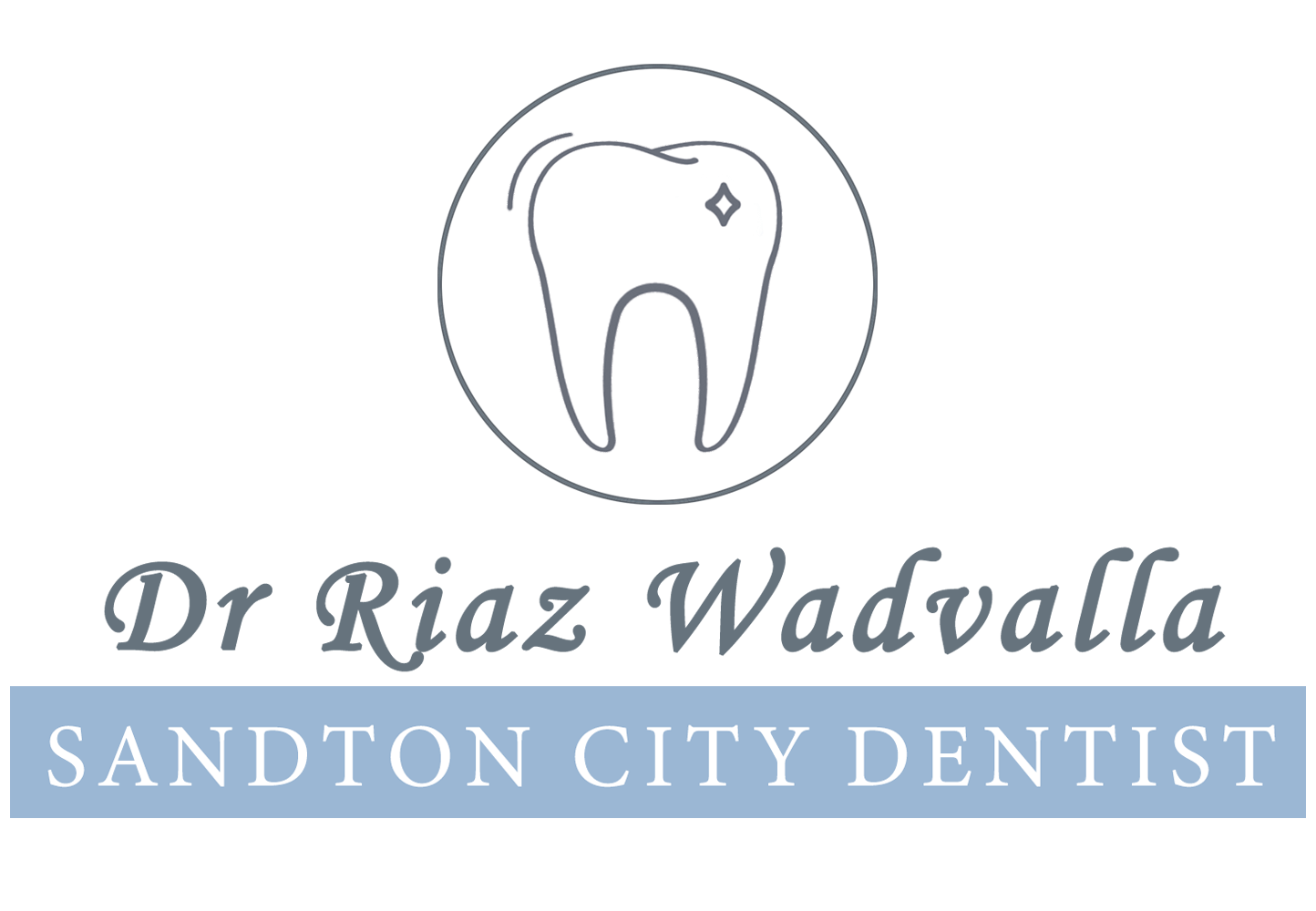
Teeth Whitening
One of the most sought-after cosmetic procedures is teeth whitening. It is a non-invasive cosmetic treatment that is easily accessible and more affordable than other cosmetic dental procedures. It is very different compared to teeth-whitening toothpaste. Tubes of toothpaste that help whiten your teeth only pay attention to the very top surface of your teeth. If your teeth are stained on a deeper level, this will not work for you. Professional teeth whitening is your best bet.
Can I achieve the same results with at-home products?
The colour of our teeth stains as a part of the ageing process. Sadly, many of our favourite treats are the main culprit that leads to stained or yellowing teeth. Teeth whitening can brighten up stained teeth with up to 8 shades on average in one day. Although there are at-home solutions for teeth whitening, the results do not compare to a professional in-office job.
These whitening systems work on a day-to-day basis and usually takes 2 to 3 weeks before you can begin to see results. Other more ‘natural’ solutions have claimed to work, but have not been proven. Some make slight differences while others are just claims. In short, you can expect some slight changes but do not expect miracles when using natural remedies or whitening toothpaste.
Does teeth whitening damage tooth enamel?
Enamel is considered of the hardest tissue in the human body. Teeth whitening done under supervision by a dentist is unlikely to cause any damage to your teeth. The whitening gel is measured and controlled to achieve the desired results with the help of a shade guide. Over-the-counter solutions can make small differences in the long-run but should be used with caution. An option like teeth whitening strips should not be used more than once a year.
Will my teeth become sensitive after the treatment?
If your teeth feel sensitive after your treatment, take a break from teeth whitening. The whitening agents can lead to tooth sensitivity. If you experience hypersensitivity after you have begun the treatment, Dr Wadvalla can reduce the concentration of the whitening product during your procedure. If you are using the at-home system, you may need to take a break from the system.
If your sensitivity stems from teeth whitening, it should subside after the treatment is complete. Switching to a sensitive toothpaste will be a great help. This type of toothpaste is specially formulated to help relieve tooth sensitivity. With continuous use, sensitivity relief products can help alleviate this sensitivity.


